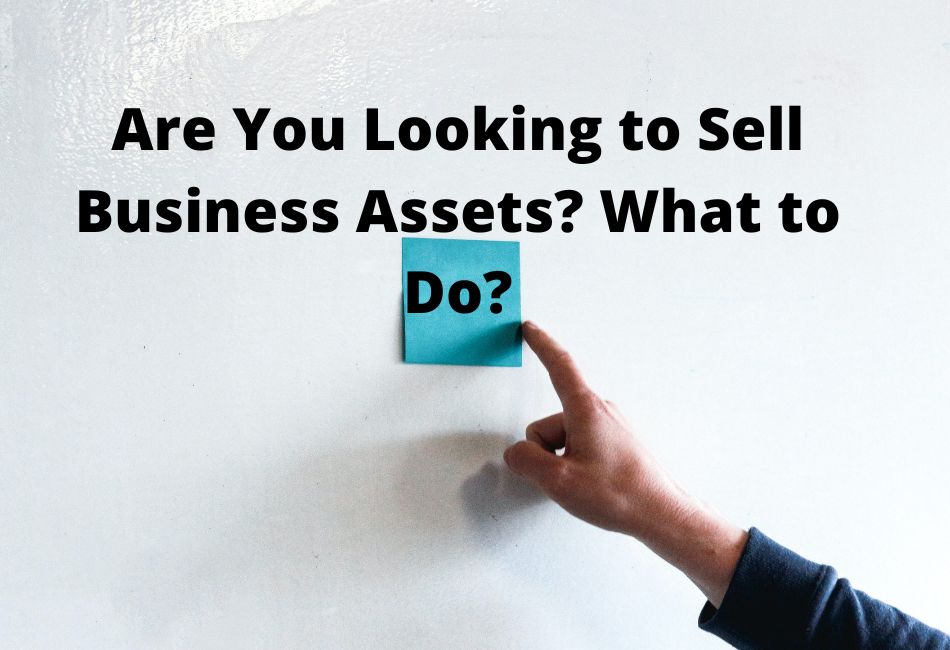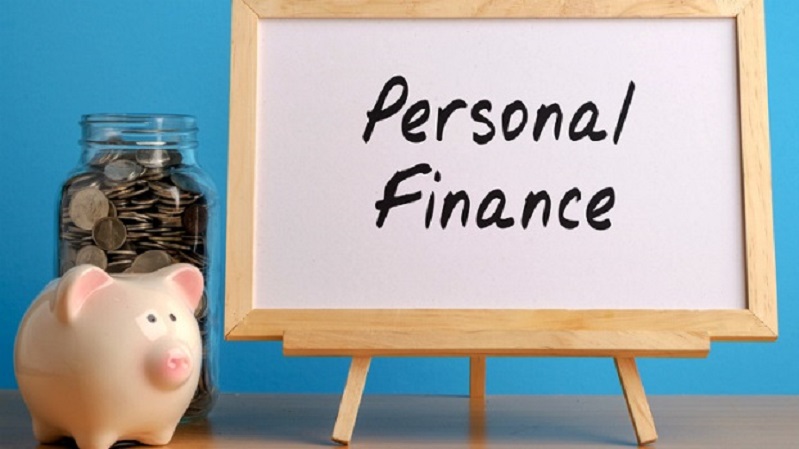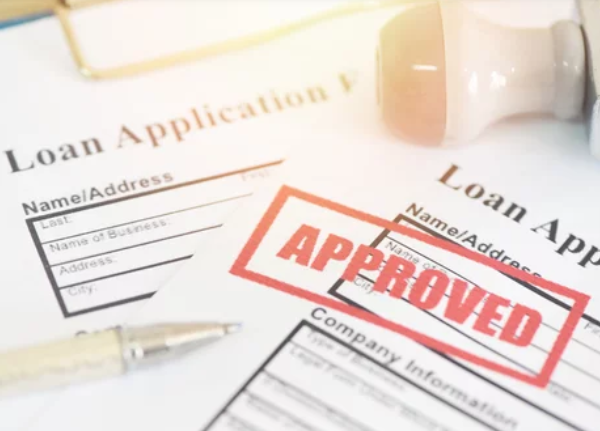There could be a lot of reasons for selling business assets, but the most common reason for doing so is to cash out unwanted assets and when you have decided to close them. Well, whatever the reason why you are doing so, you are ultimately receiving cash. Even if you are selling a business that is running on empty, you cannot just throw caution to the wind.
You will try all possible ways to get as much money as possible from them. One negative scenario when you may have to liquidate your business assets is when you fail to produce sufficient revenues to pay all your liabilities.
You cannot beat the rap because your business fails to turn your expectations into a reality. Selling business assets take a lot of time as finding a buyer, valuing the assets, and researching the market value are a part of this process, and above all, negotiating with the buyer that more often than not, goes down to the wire.
What steps should you follow to sell your business assets?
Selling business assets can be challenging. If you have already decided to sell them, the following steps you will have to follow:
- Make a list of assets you want to sell
You will have to start with creating a spreadsheet of assets you want to sell with a column of their details. For instance, you may have tables, chairs, desks, printers, computers, laptops, coffee machines, and so on. Write descriptions that state their current condition and the number of pieces you have for each particular item, like 5 laptops, 6 desktops, 20 chairs, and the like.
The next step is to move on to intangible assets. These include intellectual property like copyrights and patents. These properties can be sold only when you are closing your business. However, valuing these assets is not a doddle as it requires a lot of research. You cannot just straightaway choose a random figure for the valuation of your intellectual property.
- Determine the ownership of assets
Once you have made a list, you now need to determine the ownership of assets you have. Get back to your financial records to see how you purchased those assets. If you owe them, you will not be able to sell them.
For instance, if you have been running a partnership firm, and your partner purchased two computers from their funds, you cannot decide to sell them. They belong to them, so the right to sell is in their hand. You cannot interfere in it. Further, you need to take into account assets that you put down as collateral to take out, for instance, a €10000 loan for bad credit no guarantor.
You will have to see how much you own on the property. If you owe more than the worth of the property, you cannot sell it. However, if the reverse is the case, you can sell the asset provided you settle all of your debt from that money.
- Pick saleable assets
You can skip this step if you are liquidating your whole business. However, sometimes entrepreneurs cash out some of their assets when they need immediate funds. Although loans can be an alternative, getting approval when you have other debts can be tricky, and it makes sense to free up cash when you have some useless assets.
Be careful while choosing assets to sell if you are not liquidating the whole of your business. Selling significant or high-worth assets can leave an impression on your clients that your business is struggling to stand, and they will likely feel less secure about it.
It is vital you do not do anything that makes a bad impression on your business. Consult an expert who can help with cashing out assets. They will likely peruse the current financial situation of your business.
Try to sell those assets that have gone out with the ark or are not properly up and running. For instance, if you have five computers lying idle in your inventory store and you have not used them for a long time, you should cash out them. This is the best way to release cash to use for your business.
- Determine the value of assets
Determining the worth of assets is the most difficult yet crucial task. You will have to carefully assess the true condition of assets to value them correctly. Do some market research to know the market value because no buyer would like to pay more than that. Categorise your assets in good, fair and poor condition.
Assets that are working absolutely fine and do not have much wear and tear should be under the category of good, while assets that are completely worn out should be categorised as poor. Of course, you will not be able to get good value for poor assets.
Another thing you need to look at is whether it can be used for both personal and business purposes or just exclusively for business purposes. This is because it will help determine the platform where you will advertise. For instance, if you have a technical gadget that can be used for a personal purpose, you can advertise it to the general public, but this is not feasible if that is solely for a business purpose.
- Find a buyer
You will have to advertise the sale of your assets to find a perfect buyer. You should also contact people of your acquaintance if anyone is interested in buying your assets.
It may take a bit long time to find the right buyer so try to be patient. Make sure you do not forget to advertise it on your website. You never know who can be interested in your assets.
Summing up
Selling business assets involve a lot of hard work and research. You will have to choose assets that you want to sell, estimate their value, and find a buyer. Quote smartly because buyers will definitely negotiate. Take help from an expert to complete the process. However, if you sell your entire business, you will need a solicitor to carry out all formalities.





